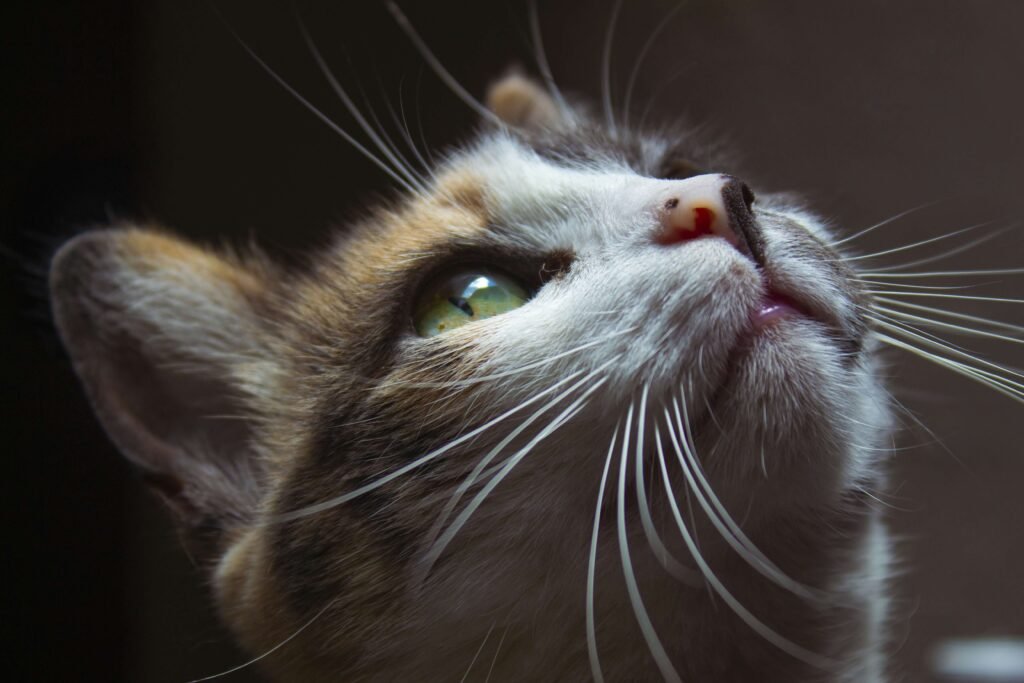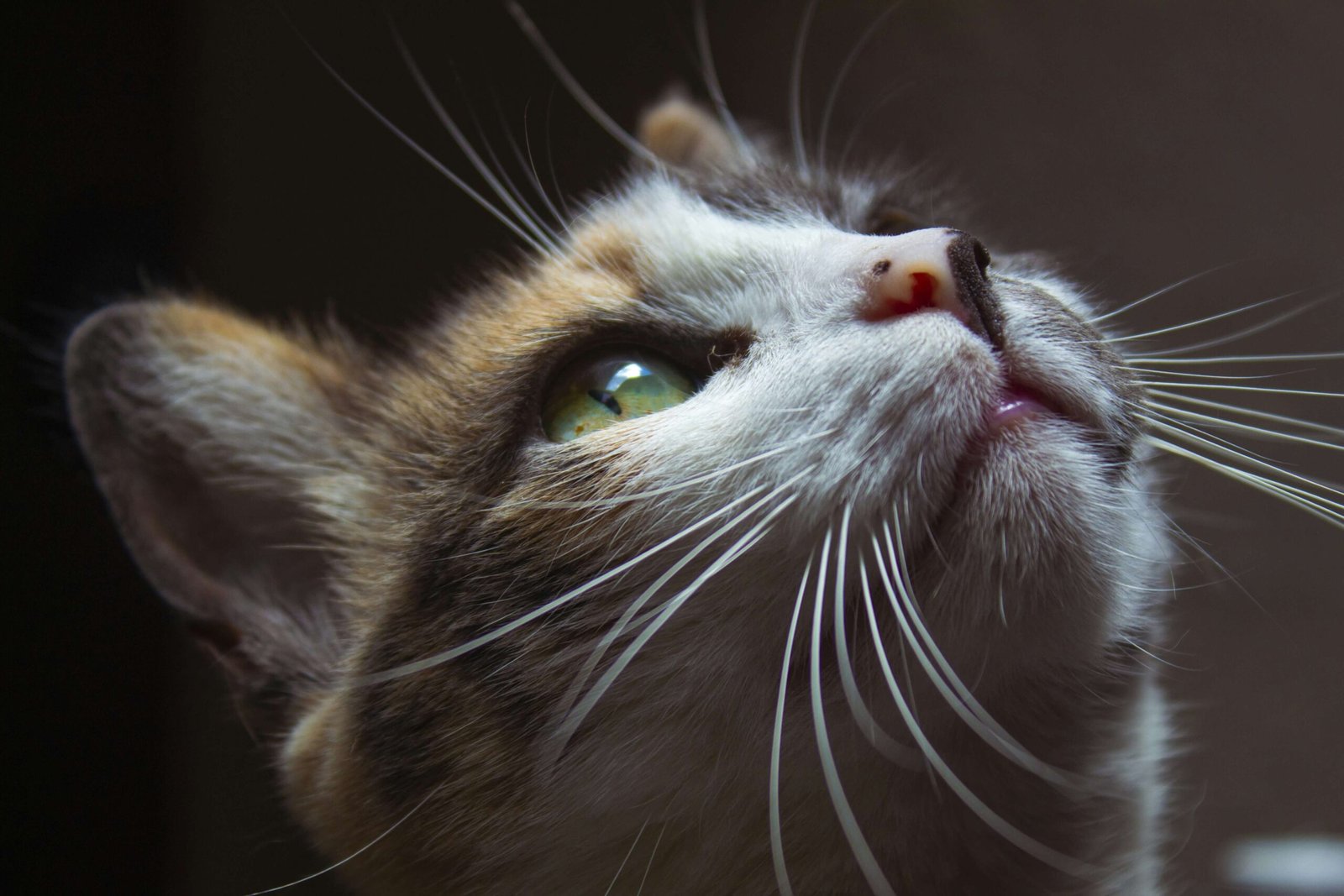Can Cats Eat Apples? A Sweet Treat or a Dangerous Snack?
When it comes to our feline friends, we often find ourselves wondering about the foods they can safely enjoy. While cats are obligate carnivores, meaning their diet primarily consists of meat, many pet owners like to offer occasional fruits or vegetables as treats. One common question that arises is whether cats can eat apples. Are apples a safe and healthy snack for your furry companion, or should they be avoided altogether? In this blog post, we’ll explore everything you need to know about feeding apples to cats, including potential benefits, risks, and important precautions to keep in mind.
The Nutritional Value of Apples for Cats
Before deciding whether apples are suitable for your cat, it’s essential to understand their nutritional profile. Apples are packed with vitamins and nutrients that are beneficial for humans, but how do they stack up for cats? Below, we break down the key components of apples and what they might mean for your feline friend:
Vitamin C : Apples contain vitamin C, which is known for its antioxidant properties.
Fiber : The fiber content in apples can support digestion, though cats don’t require as much fiber as humans.
Low Fat : Apples are naturally low in fat, making them a light snack option.
Natural Sugars : Apples have natural sugars, which can provide a quick energy boost but should be given in moderation.
Hydration : Apples have a high water content, which can contribute to your cat’s overall hydration.
While apples may offer some nutritional benefits, it’s important to remember that cats have different dietary needs than humans. Always consult your veterinarian before introducing new foods into your cat’s diet.
Potential Risks of Feeding Apples to Cats
Though apples are generally considered safe for cats in small amounts, there are certain risks associated with feeding them this fruit. Being aware of these potential dangers can help you make an informed decision about whether apples are appropriate for your pet. Here are some key points to consider:
Choking Hazard : The tough skin or chunks of apple can pose a choking risk if not prepared properly.
Toxic Seeds : Apple seeds contain trace amounts of cyanide, which can be harmful if ingested in large quantities.
Sugar Content : Too much sugar can lead to obesity or other health issues in cats.
Allergic Reactions : Some cats may have sensitivities or allergies to apples, resulting in digestive upset.
Digestive Issues : Apples can cause stomach discomfort or diarrhea if consumed in excess.
By understanding these risks, you can take steps to minimize potential harm while still offering your cat a tasty treat.
Check this guide 👉Can Cats Eat Pineapple? Best 7 Expert Tips!
Check this guide 👉Can Cats Eat Cucumber? Best 7 Health Tips!
Check this guide 👉Can Cats Eat Corn? Best 7 Expert Health Tips!

Benefits of Apples for Cats | Risks of Apples for Cats |
|---|---|
Rich in vitamins like Vitamin C | Choking hazard from chunks |
High water content aids hydration | Toxicity from apple seeds |
Low in fat, making it a light snack | Excessive sugar can harm |
Contains fiber for better digestion | Possible allergic reactions |
Natural and minimally processed | Digestive issues in excess |
How to Safely Prepare Apples for Your Cat
If you’ve decided to give your cat a taste of apple, preparation is key to ensuring their safety. Follow these guidelines to serve apples responsibly:
Remove the Core and Seeds : Always discard the core and seeds to avoid any risk of cyanide poisoning.
Cut into Small Pieces : Slice the apple into bite-sized pieces to prevent choking hazards.
Peel the Skin : Some cats may struggle to digest the tough skin, so peeling it off is recommended.
Serve Plain : Avoid adding spices, sugar, or other flavorings that could upset your cat’s stomach.
Offer in Moderation : Limit apple servings to small amounts no more than once or twice a week.
By taking these precautions, you can ensure your cat enjoys apples safely without any adverse effects.
Alternatives to Apples for Feline Snacking
If you’re unsure about feeding apples to your cat or simply want to explore other options, there are plenty of safe alternatives to consider. These snacks are not only cat-friendly but also nutritious and enjoyable. Here are some ideas:
Cooked Chicken : Lean, unseasoned chicken is a protein-rich treat most cats adore.
Pumpkin Puree : Plain pumpkin puree (without added sugar) supports digestion and provides fiber.
Blueberries : These tiny fruits are rich in antioxidants and safe for cats in moderation.
Carrots : Cooked carrots are soft, easy to chew, and packed with beta-carotene.
Banana Slices : While sugary, small slices of banana can be an occasional indulgence.
Exploring these alternatives ensures variety in your cat’s diet while keeping their health a top priority.
Signs Your Cat May Not Tolerate Apples
If you’ve decided to introduce apples to your cat’s diet, it’s crucial to monitor their reaction closely. Every cat is unique, and some may not tolerate apples well. Here are signs that your cat might not be handling this fruit properly:
Vomiting : If your cat vomits shortly after eating apples, it could indicate intolerance.
Diarrhea : Loose stools are a common sign of digestive upset caused by new foods.
Lethargy : A sudden lack of energy may suggest your cat isn’t processing the apple well.
Refusal to Eat : Cats often avoid foods that don’t agree with them, so rejection is a clear signal.
Excessive Drooling : Increased salivation can be a sign of nausea or discomfort.
Pay attention to these symptoms and consult your vet if they persist. It’s always better to err on the side of caution when introducing new foods.
Benefits of Offering Occasional Treats to Cats
While cats thrive on a meat-based diet, offering occasional treats like apples (in moderation) can have its perks. These benefits extend beyond just nutrition and can strengthen the bond between you and your pet. Here’s how occasional treats can positively impact your cat:
Mental Stimulation : Trying new foods can provide sensory enrichment for curious cats.
Bonding Opportunities : Sharing a safe snack creates moments of connection between you and your pet.
Encouraging Hydration : Fruits with high water content can help keep your cat hydrated.
Reward System : Treats can serve as positive reinforcement during training sessions.
Variety in Diet : Introducing safe snacks prevents boredom and adds diversity to meals.
While treats should never replace regular meals, they can enhance your cat’s overall well-being when given responsibly.
Common Mistakes to Avoid When Feeding Apples to Cats
Feeding apples to cats requires careful preparation and consideration. Unfortunately, many pet owners make mistakes that could put their cat’s health at risk. To ensure your cat enjoys apples safely, avoid these common pitfalls:
Not Removing Seeds : Leaving seeds in the apple exposes your cat to potential toxins.
Overfeeding : Giving too much apple can lead to sugar overload and digestive issues.
Adding Seasonings : Spices or sweeteners can irritate your cat’s stomach and cause harm.
Ignoring Allergies : Assuming all cats will tolerate apples without testing small amounts first is risky.
Serving Whole Pieces : Large chunks can pose choking hazards or be difficult to chew.
By avoiding these mistakes, you can confidently offer apples as an occasional treat while keeping your cat safe and healthy.
FAQ
Can Cats Eat Apple Peels?
Yes, but it’s best to remove the peel as it can be difficult for cats to digest.
Are Apple Seeds Poisonous to Cats?
Yes, apple seeds contain trace amounts of cyanide and should always be removed.
How Much Apple Can I Give My Cat?
A small slice or two per week is sufficient; avoid overfeeding due to sugar content.
What Should I Do If My Cat Eats Too Much Apple?
Monitor for signs of digestive upset and contact your vet if symptoms persist.
Can Kittens Eat Apples?
Kittens have sensitive digestive systems, so it’s safer to avoid giving them apples altogether.
Final Thoughts: Balancing Treats and Nutrition for Your Cat
In conclusion, while apples can be an occasional treat for cats, they should never replace a balanced, meat-based diet. Always prioritize your cat’s unique dietary needs and consult your veterinarian before introducing new foods. By doing so, you can ensure your furry friend stays healthy, happy, and satisfied. Remember, moderation is key—whether it’s apples or any other snack, a little goes a long way in keeping your cat purring with delight.
Do Cats Have Taste Buds? Best 7 Expert Tips! – Discover how cats experience flavors and why their taste is so unique.
Do Dogs Have Taste Buds? Best 7 Expert Tips! – Discover how dogs experience taste, their preferences, and what it means for their diet and health.
Can Cats Taste Sweet? Best 7 Expert Tips! – Discover why cats can’t taste sweetness, how it affects their diet, and tips to keep them healthy and happy.
Can Dogs Taste Sweet? Best 7 Expert Tips! – Discover how dogs perceive sweetness, which foods are safe, and tips to manage their sweet cravings responsibly.





